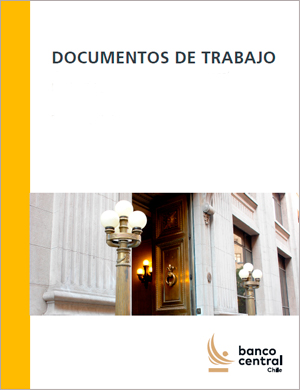Working Papers N° 972: Government Purchases, the Labor Earnings Gap, and Consumption Dynamics
Publications
Working Papers N° 972: Government Purchases, the Labor Earnings Gap, and Consumption Dynamics
Autor: Mario Giarda
Description
In this paper, we revisit the effects of government purchases on consumption by considering its effects on inequality in the United States. We show three empirical facts in this regard: (i) government spending raises consumption as well as labor income inequality between skilled and unskilled workers; (ii) the size of the responses of labor income inequality and consumption to a government spending shock are negatively related; (iii) government purchases concentrate towards sectors with a larger share of skilled workers than the overall economy. We show that a model with two sectors, two groups of workers, and limited access to financial markets in which the government buys more proportionally from the skilled intensive sector can account for these empirical facts. As a consequence of the inequality government purchases generates, the government spending multiplier is between 16 and 22 percent lower than when the government spends exclusively on the unskilled intensive sector. The reason for this is that government spending delivers disproportionately more income to skilled workers, who have a low marginal propensity to consume. Therefore, the way government spends matters both for inequality and for the effectiveness of government spending in stimulating the economy.
Working Papers N° 972: Government Purchases, the Labor Earnings Gap, and Consumption Dynamics
Boxes and graphics

